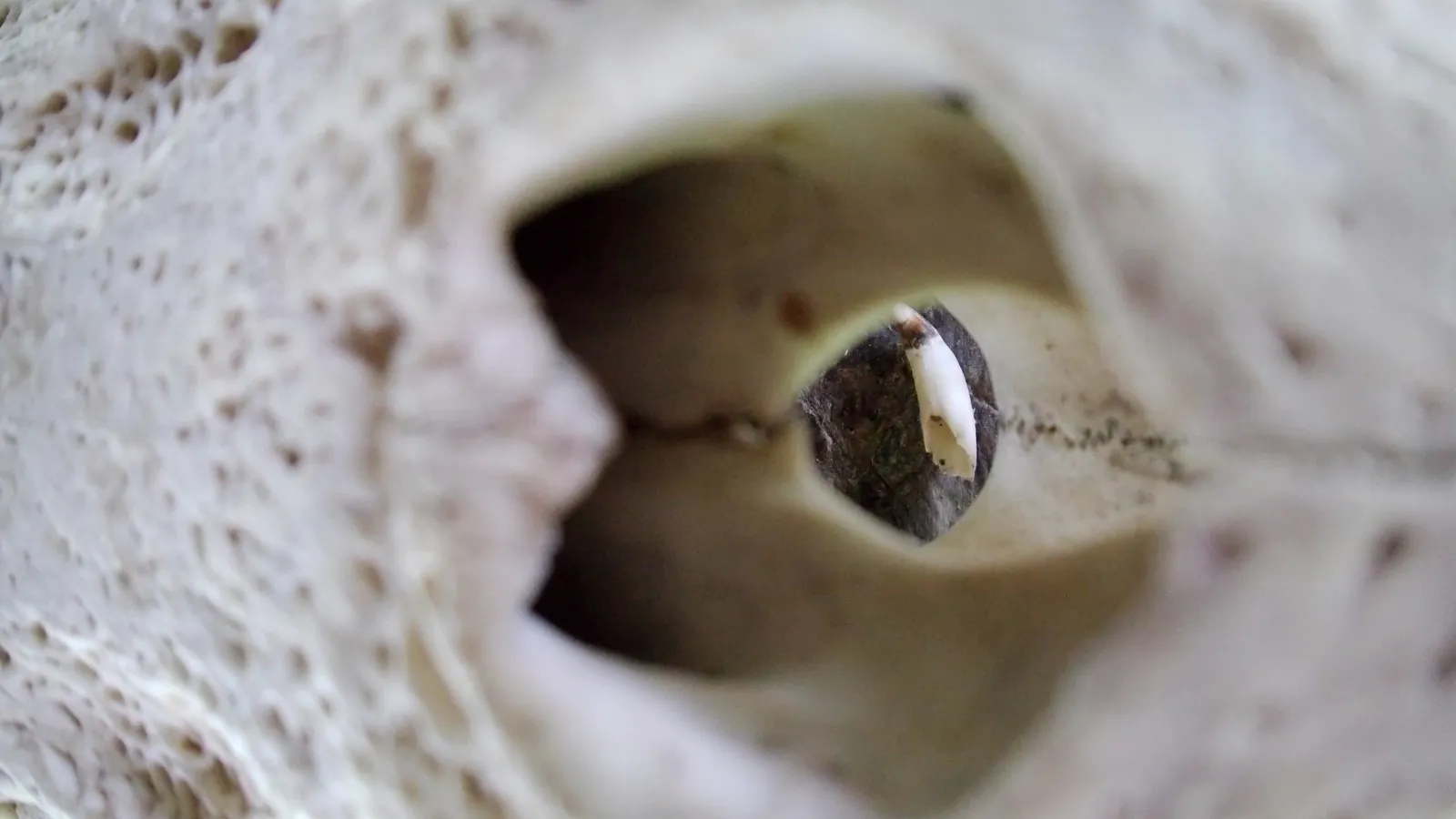This class is focused on a big project, a big writing project. You’ve been working away on that project potentially for months or years. Or maybe you’re just starting out. Whatever stage you’re at in writing your big project, what I’d like to do – in this writing project for our class – is to have you send me something, so that we can have a conversation about it.
Big projects look different to different people. So, I don’t have a particular idea or requirement about what the big project means to you. I’ll let you decide that. Some people are writing poetry, some are writing fiction, some are writing nonfiction and so on. You should know, by now, that I’m not particularly interested in the distinctions between genres or notions about word count. What I’m interested in is depth: how deep can you go? To my mind, that’s the definition of a significant project: it’s deep, and interesting, and purposeful, and meaningful – to you.
So: you’re working on some kind of important, big-ish project in this class. The function of this project is to enable you to share your work with me. My primary interest is in helping you to develop your skill as a writer, to deepen that process of creative engagement, and to facilitate in whatever way that I’m able to your further development as a creative person. Your particular process is unique to you. I don’t want to overly prescribe what that process should look like. It’s interesting to note that many creative people who complete traditional academic degrees say that their academic degree made them less creative. It’s a common refrain in the arts. Completing a degree can somehow be damaging and somewhat corrosive to the creative process. Quite a bit of research has demonstrated this to be the case. In general, traditional and mainstream academic projects reduce rather than enhance our creativity. Thankfully, in this class we are not in a mainstream learning environment. We’re in a nontraditional learning environment focused on creating rewarding projects. So, I want your writing project to be something that you’re passionate about; something that deeply engages you creatively; that helps move you in the right direction and makes you feel good about your creative practice. That's my goal.
So, as you work on this, stay in touch with me – if you want to – and write something that’s meaningful and purposeful to you. If you get stuck, or if you want help, or if you want feedback: reach out as often as you like. Creativity is a mysterious, interesting, endlessly fascinating subject. It has all kinds of twists and turns. So, follow your own path in this. see where it takes you.
I don’t know where this project will lead; neither do you. In the study of creativity there’s a hifalutin’ word for this process: the liminal space, or liminal zone. Or liminality. The area of uncertainty, ambiguity, and perhaps even disorientation. The place of edges and peering over them.
How long should it be? Good question. How long do you think? How many words would represent significant depth for this project? More than a thousand? For sure. Two thousand? More, probably. More than ten thousand? Maybe not that much. See how it goes.
Please do not be concerned about genres; the distinctions between literary genres are entirely arbitrary and do not have any real meaning. Fictional narratives are inspired by the real world, and nonfictional narratives always contain fictional elements (as memory is informed by the imagination). Poetic narratives can be prose-like, and prose can be poetic. Mythic narratives are probably the best examples of narratives that are both fictional and nonfictional at the same time. They are both false and true, and much of their power derives from this seamless contradiction. Don’t worry about these details. Just write.
And a word of caution: any subject that is challenging for you to talk about openly (such as personal trauma) is a subject you should probably not write about. On the other hand, powerful personal experiences often provide excellent source material for writing, so it may be difficult for you to decide what to do. First, please use your judgment about how best to keep yourself emotionally safe within and beyond the classroom. Second, please discuss your plans (or your concerns) with me if you decide to write about personal or provocative subjects. In particular, be cautious of subjects involving violence, abuse, trauma, death, mental illness and related themes (whether they happened to you, happened to someone else, or are imagined). These subjects reliably activate strong emotions and are often unsafe if not handled properly. While no subject is absolutely off-limits in this class, there are many subjects for which there is a risk of harm to you, to me, or to our shared communities. We must be respectful and careful of ourselves and our relationships with others. Please ask me for guidance if you are uncertain.
Double spaced? Single-spaced? Written with a chisel on a stone tablet? Up to you.
If you get stuck with this assignment, feel free to reach out to ask questions. But really, getting stuck is part of the process. Getting unstuck is how you activate your creativity.
The writing project is worth 40 percent of your grade and is provisionally due at the end of week 8.
